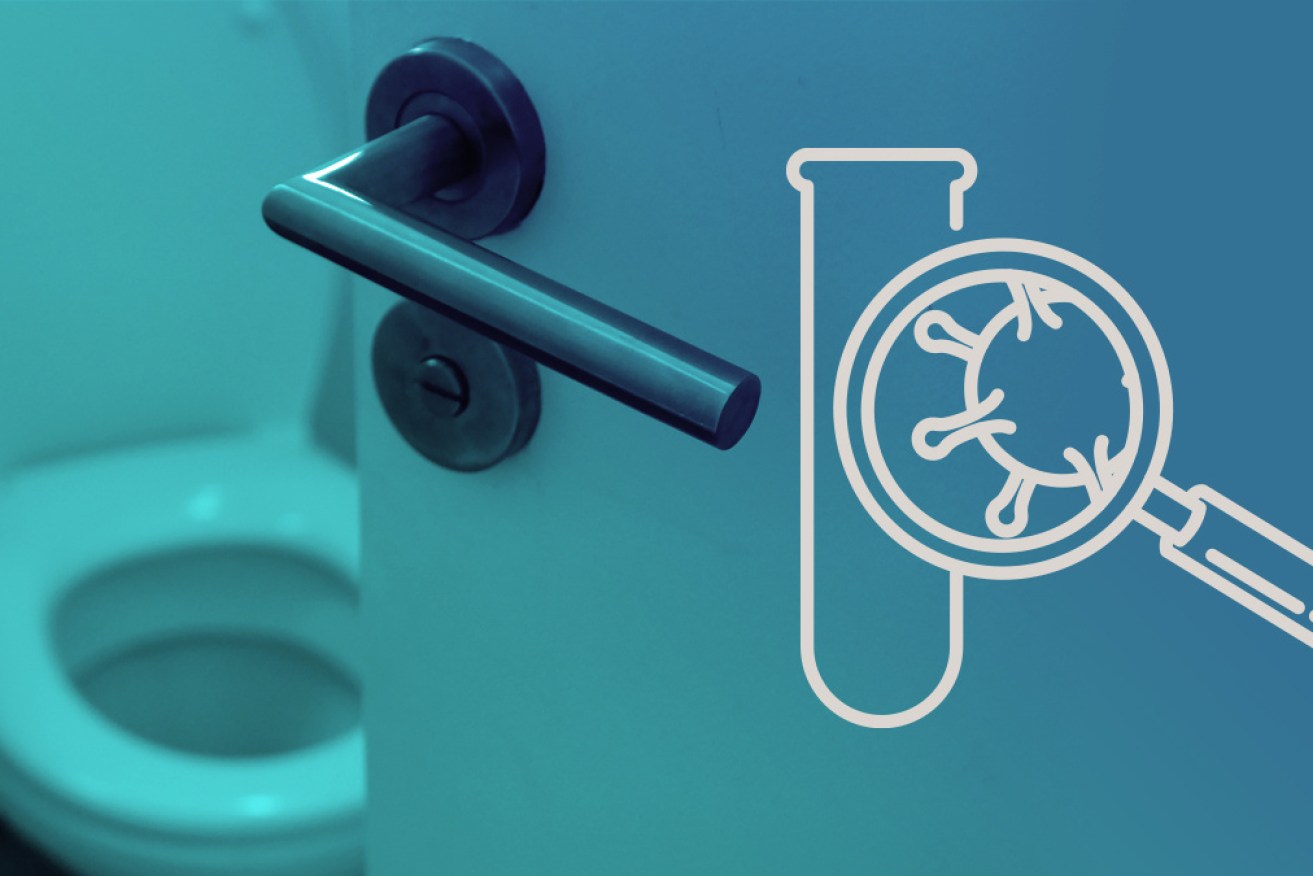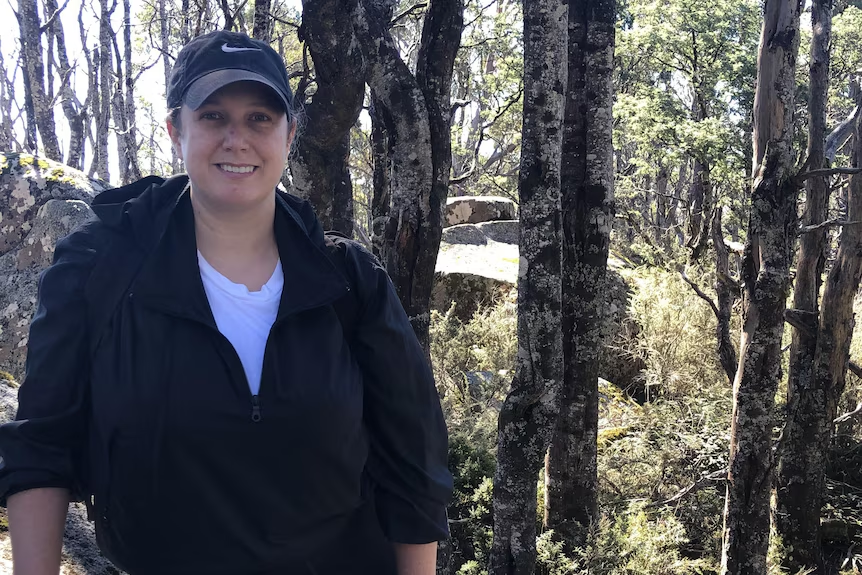How do we stop the spread of COVID-19? The answer might be in your sewage


Researchers are tracking COVID-19 through the sewage.
Australian researchers are working on a promising COVID-19 testing system that tracks the virus through raw sewage.
Researchers from the University of Queensland and CSIRO are working on the test, which they hope will help identify specific areas where COVID-19 is present in the community and how many people could be infected.
Last week they successfully found fragments of SARS-CoV2, which is responsible for COVID-19, in the wastewater of people living in Brisbane.
“This is a major development that enables surveillance of the spread of the virus through Australian communities,” said Professor Kevin Thomas, director of UQ’s Queensland Alliance for Environmental Health Sciences.
CSIRO chief executive Larry Marshall said the testing would help Australia manage COVID-19.

A researcher from UQ works on the test. Photo: UQ
“The hope is eventually we will be able to not just detect the geographic regions where COVID-19 is present, but the approximate number of people infected – without testing every individual in a location,” Dr Marshall said.
“This will give the public a better sense of how well we are containing this pandemic.”
The test follows similar ones done in the Netherlands and United States, and ideally will help nations observe and manage public health in almost real time, at a global scale.
The project showed Australia had the capability to deliver timely COVID-19 wastewater surveillance data to inform decisions, response actions and public communications, CSIRO land and water science director Paul Bertsch said.
“This data will be particularly useful for catchments with vulnerable populations where testing using other methods may not be feasible,” Dr Bertsch said.
“An early warning detection system like this would also be incredibly useful for monitoring and response in the recovery phase.”

Water headed for wastewater plants can be tested for COVID-19. Photo: UQ
The team is hoping the project could be rolled out to a national level, encouraging collaboration between government, wastewater utilities, universities and other research organisations.
Federal Health Minister Greg Hunt said the pilot project was encouraging.
“The COVID-19 wastewater surveillance pilot is extremely encouraging and has the potential to further strengthen Australia’s response to the global pandemic,” Mr Hunt said.
“A national program based on this work could add to the broader suite of measures our government can use in the identification and containment of COVID-19.”








